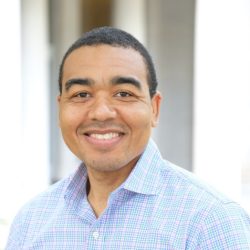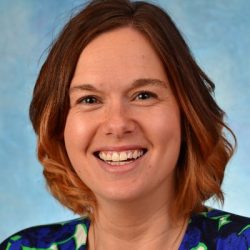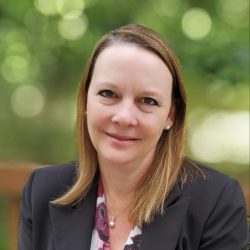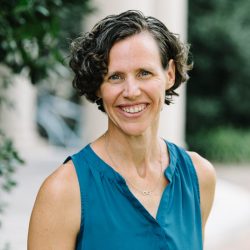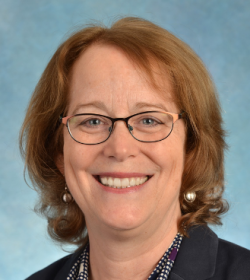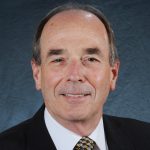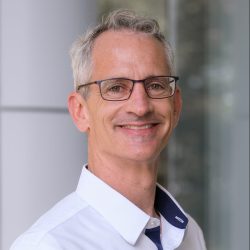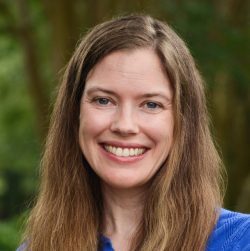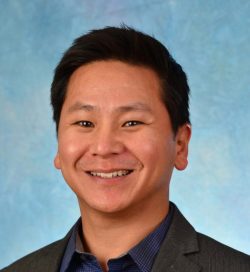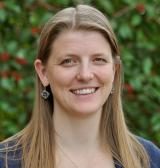Carolina autism experts available for interviews

April is Autism Acceptance Month. UNC-Chapel Hill is at the forefront of innovative autism research to better detect, diagnose and treat autism, as well as improve interventions and create more inclusive services and resources.
Carolina experts are available to discuss a variety of autism topics, including:
- Innovative research on potential causes of autism
- Angelman Syndrome, a rare subtype of autism, and early-stage development of treatments
- Early medical detection of autism
- Early education and home-based interventions for educators, parents, siblings and peers of children with autism
- Comprehensive interventions for adolescents
- Higher education for adults with autism
- Impact of assigned sex at birth and gender identity on the diagnosis and expression of autism
- Impacts of implicit bias and race on children with and without disabilities
- Mental health and suicide prevention for people with autism
- Quality of life and aging with autism
Experts
If you are interested in speaking with an expert, please email mediarelations@unc.edu with the topic you’d like to cover or the expert(s) you’d like to interview.
Brian Boyd is the interim director of the Frank Porter Graham Child Development Institute and William C. Friday Distinguished Professor of Education. As a special educator by training, much of his research has involved the development and evaluation of evidence-based practices that could be implemented within school and home contexts. His more recent work has focused on how issues of implicit bias and race affect the outcomes of children with and without disabilities.
Clare Harrop is an Assistant Professor in the Department of Health Sciences at UNC Chapel Hill. Her research works to understand how development varies across neurodevelopmental disorders. Harrop’s research focuses primarily on children ages 2 to 10 years old with neurodevelopmental disorders. Her goal is to understand the factors that affect development using behavioral, physiological, electrophysiological and clinical approaches. She is particularly interested in how assigned sex at birth and gender identity impact the diagnosis and expression of autism.
Heather Hazlett is a licensed psychologist with a background in child neuropsychology and with research interests in neurodevelopmental disorders. Dr. Hazlett investigates how variations in brain development influence behavior and development, and conversely, in what ways behavior may shape the trajectory of brain growth. She does research using neuroimaging to study the brain development in neurodevelopmental disorders including autism, fragile X syndrome, and Down syndrome. In addition to her research activities, Dr. Hazlett participates in a multi-disciplinary clinic conducting evaluations for autism spectrum disorders and co-supervises a pediatric neuropsychology clinic.
Kara Hume is an associate professor and the Richard “Dick” Coop Faculty Scholar in Education. She conducts research focusing on the design and implementation of interventions for autistic adolescents and teens, their families and service providers in school and community settings. Hume does research on comprehensive interventions for adolescents with autism that include academic performance, peer and social competence, independence and behavior and familial transitions. She also has led teams to develop resources for families caring for people with autism during uncertain times, specifically during the Covid-19 pandemic and for Ukrainian families in the midst of war.
Laura Klinger is an Associate Professor in the Department of Psychiatry at The University of North Carolina, Chapel Hill and the Executive Director of the UNC TEACCH Autism Program. She is a clinical psychologist committed to community-based care and methods to support the implementation of evidence-based practices in community settings. Her current research is focused on identifying and supporting service needs for individuals from young adulthood through aging. Klinger does research on the effectiveness of a community college program for adolescents and young adults with autism. She is also conducting a longitudinal study examining outcomes related to employment, quality of life and aging in 25-60-year-old adults with ASD who were served by TEACCH during childhood.
Samuel L. Odom is a senior research scientist at the UNC Frank Porter Graham Child Development Institute and research professor emeritus in the UNC School of Education. Odom was a member of the National Academy of Sciences Committee on Educational Programs for Young Children with Autism, which published a report on effective educational programs for young children with ASD. His recent research articles have addressed the efficacy of a variety of focused intervention approaches (e.g., peer-mediated interventions, sibling-mediated interventions, parent-mediated approach to promote children’s joint attention, independent work systems approach to promote learning) for children with ASD.
Ben Philpot is one of the top investigators in the world for Angelman Syndrome, a rare syndromic subtype of autism. His research focuses on early-stage development of gene therapy treatments for Angelman, Dup15q, and Pitt-Hopkins Syndrome.
Ann Sam leads the Research & Evaluation Division at Frank Porter Graham Child Development Institute. Her research and professional development interests are rooted in her direct experience as a public-school teacher working in preschool and kindergarten classrooms with students with autism. At the heart of her work is ensuring professionals in underserved communities have access to evidence-based interventions and resources designed to improve outcomes for students with autism.
Mark Shen is an assistant professor at UNC School of Medicine, with appointments in the Department of Psychiatry, UNC Neuroscience Center, and Carolina Institute for Developmental Disabilities. Mark’s lab published the first MRI study to longitudinally measure brain growth in infants prior to their diagnosis of autism, which demonstrated that brain enlargement in autism is detectable in infancy. Additionally, his lab studies the excessive volume of cerebrospinal fluid surrounding the brain that infants and toddlers had as early as 6 months of age before becoming diagnosed with autism and its potential to deliver new gene-based treatments.
Jessica Steinbrenner is an associate professor in the Department of Health Sciences and a faculty fellow at the Frank Porter Graham Child Development Institute. She is also a certified speech-language pathologist. The main focus of her research is school- and community-based programs and supports for autistic children and adolescents. She is particularly interested in programs that facilitate communication and social interactions.
